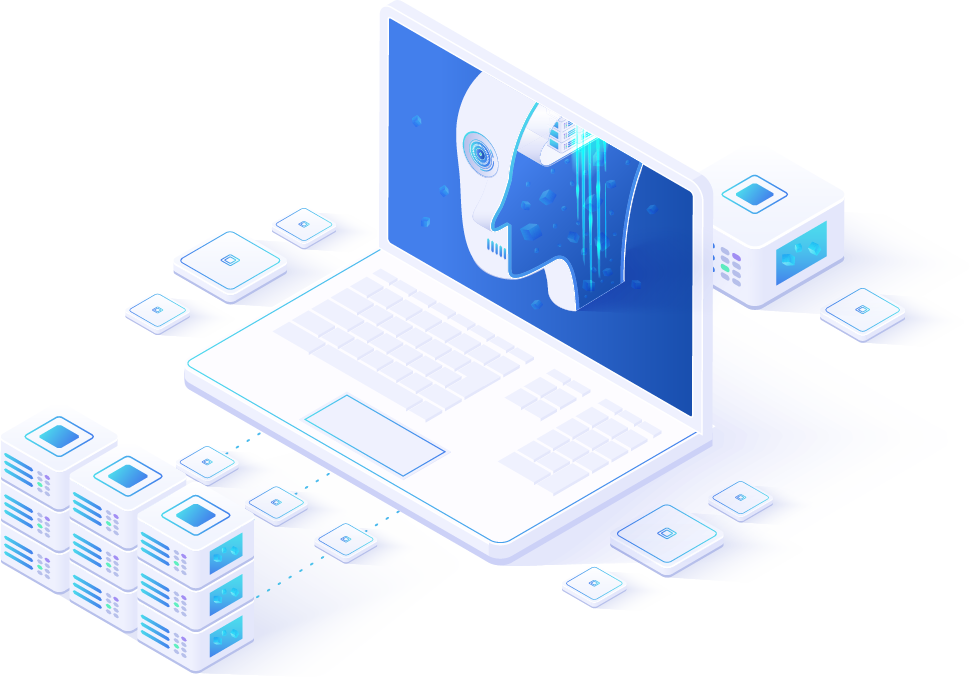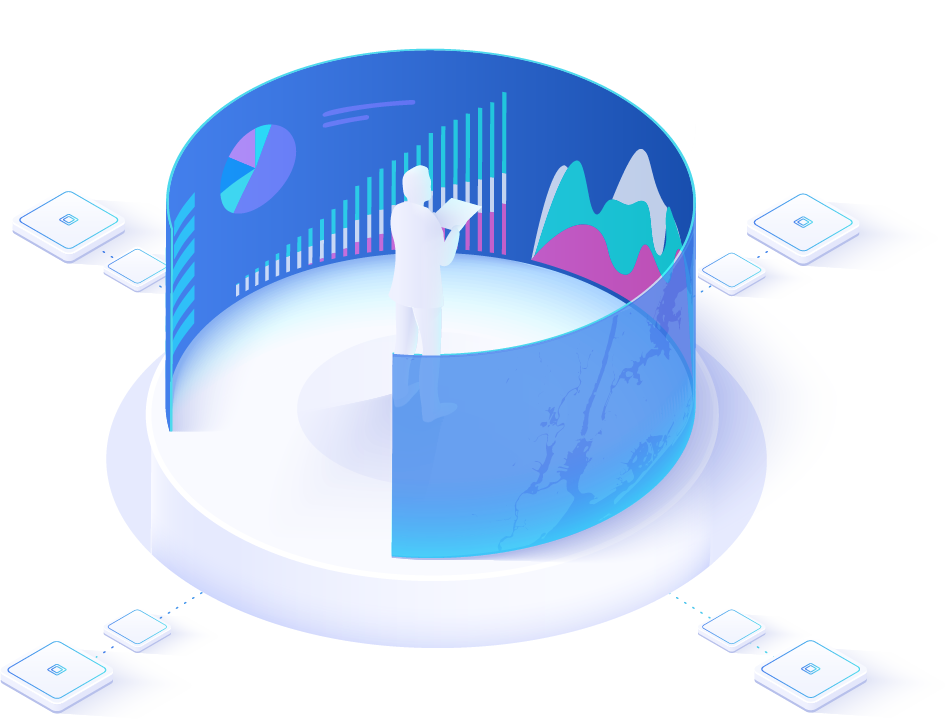Natural Language Processing (NLP) enables computers to understand, interpret, and generate human language. By applying NLP to qualitative data, businesses and organizations can extract valuable insights from text, speech, and other forms of unstructured data.

NLP involves processing large volumes of text or speech data to uncover patterns, themes, and sentiments.
Tokenization is the process of breaking down text into smaller units called tokens."
This involves determining the emotional tone or sentiment behind a piece of text, whether it’s positive, negative, or neutral.
Topic modeling is a technique used to automatically discover hidden themes or topics within large sets of text data.

Natural Language Processing (NLP) encompasses a range of technologies and techniques designed to enable machines to understand, interpret, and respond to human language. Below are some of the core methods:
In conclusion, NLP plays a crucial role in unlocking insights from qualitative data. Organizations should leverage this technology to improve their understanding of customer needs and market trends.
+256200903851 / +256708792579
info@bodmando.org
First floor, Biira Hilltop Plaza, Kagoma, P.O BOX 112949, Wakiso district, Central Uganda
+256200903851
info@bodmando.org
Neema Drive, Kasarani subcounty, Nairobi, Kenya
© 2025 Bodmando Consulting Group. All Rights Reserved. Headquartered in Uganda | Regional Office in Kenya